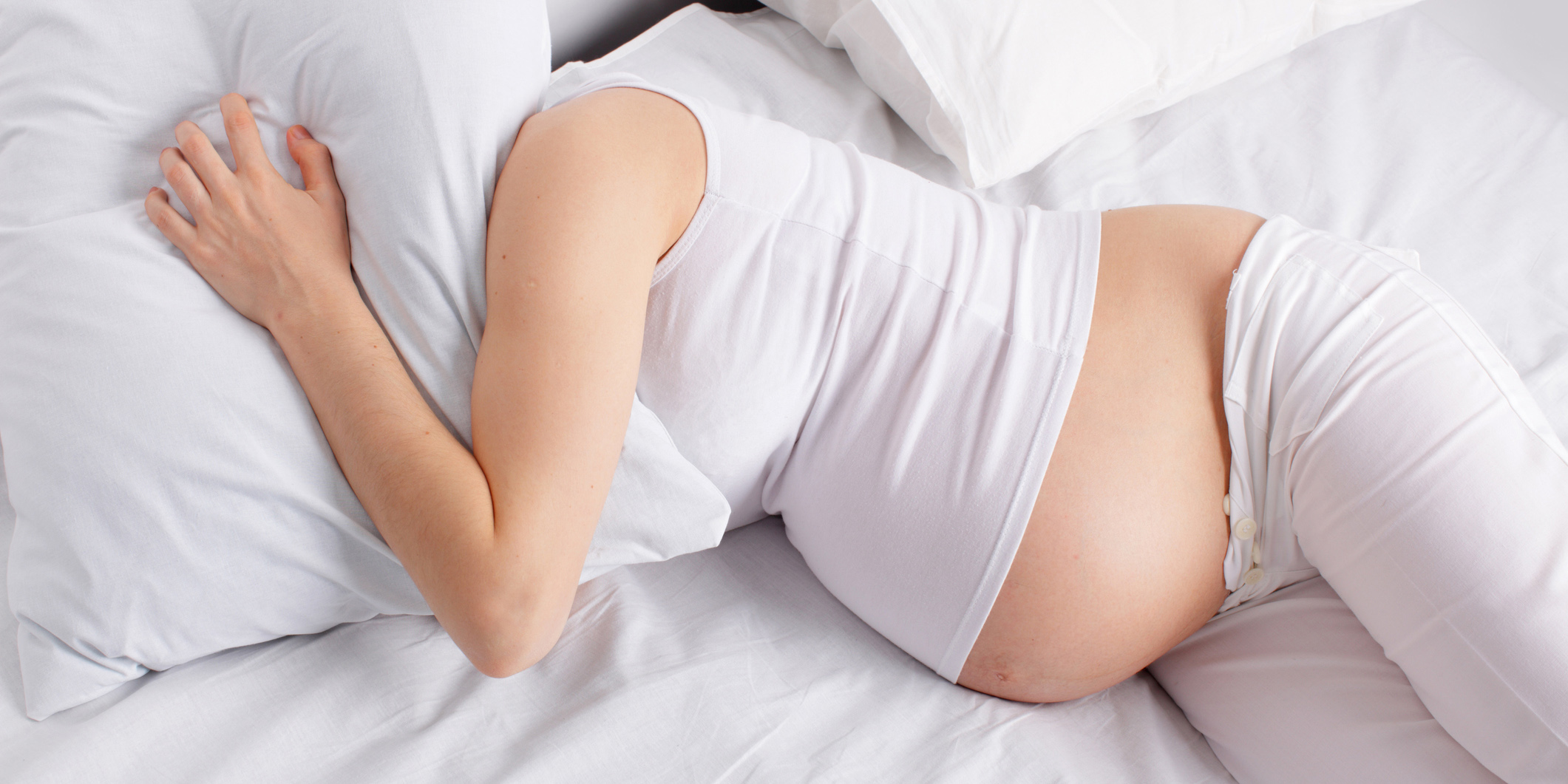New guidelines and Medicare item numbers aim to improve the early detection of perinatal mental illness
New guidelines and Medicare item numbers are set to improve the early detection of perinatal mental illness and may help stem the growing number of maternal deaths from poor mental health.
Schizophrenia and borderline personality disorder are two additions to the guidelines, which update the previous 2011 guidelines from beyondblue and incorporate current evidence surrounding the detection, assessment and treatment of a range of mental health problems such as depression, anxiety, bipolar disorder and puerperal psychosis.
The importance of early detection and routine universal screening for psychosocial problems would be the major take-away message for GPs, Dr Nicole Highet, founder and executive director of the Centre of Perinatal Excellence (COPE), said.
“This is important because antenatal screening in Australia is currently very haphazard,” Dr Highet said.
“It largely falls on hospitals, but a lot of public hospitals don’t really do it and it’s almost non-existent in private hospitals.”
Up to one in 10 women experience depression during pregnancy, and one in seven in the year after birth, the Australian guidelines say. Similarly, data suggest one in five women have an anxiety disorder during pregnancy or shortly after birth.
The COPE guidelines recommend clinicians screen women with the Edinburgh Postnatal Depression Scale tool during the perinatal period, and arrange further assessment for anyone with a score of 13 or more. To assess psychosocial risk, doctors are recommended to use the Antenatal Risk Questionnaire.
The new guidelines also detail the safe use of medicine and the role of psychosocial treatment for the prevention and treatment of perinatal mental health problems. This includes recommendations around psychoeducation and CBT and other psychotherapy to women with mild and moderate depression, and SSRIs as a first-line therapy for those with moderate to severe depression.
To be formally launched by federal Health Minister Greg Hunt at the Marcé Society conference in Brisbane later this month, the new guidelines will coincide with the introduction of new Medicare item numbers for the identification and early treatment of psychological problems.
From November 1, GPs will have access to Medicare item numbers to help support detection and early intervention in line with the guidelines.
This includes a new item 16407 for a postnatal consultation between four to eight weeks after birth, where the clinician performs a mental health assessment of the patient and screens for drug and alcohol use and domestic violence.
But there would also be item numbers for assessing whether a woman in the perinatal period was likely to be experiencing depression and anxiety, and the guidelines would now have clear recommendations for which tools to use, Dr Highet said.
To make the process more efficient, the peak body has also created a digital screening tool GPs can use via a device such as an iPad in the waiting room.
Once the woman has filled out the screening tool, a clinical report is immediately delivered to the GP for the consultation, outlining the likelihood that the woman is experiencing depression and whether a full mental health assessment needs to be done.
Simultaneously, a tailored report will be sent to the woman’s phone or email address, available in 13 languages, so she will have some understanding of her condition.
It then provided guidance on next steps, such as the risk management tool to use in the case of self-harm, Dr Highet said.
The guidelines, which were developed with representatives from the colleges of GPs, psychiatrists, psychologists, obstetricians and gynaecologists, midwives and more, are currently under review for approval by the NHRMC.
GPs can visit the cope.org.au website to receive a copy of the guidelines tailored by profession sent to them as soon as they are finalised.


